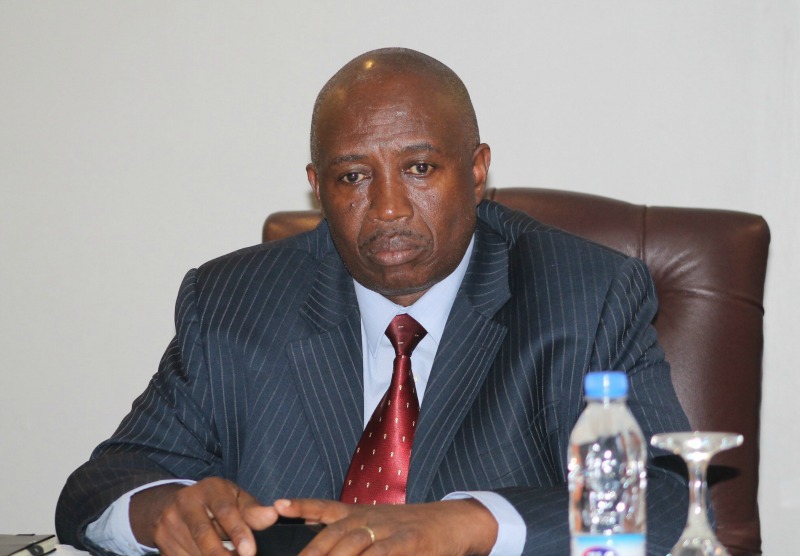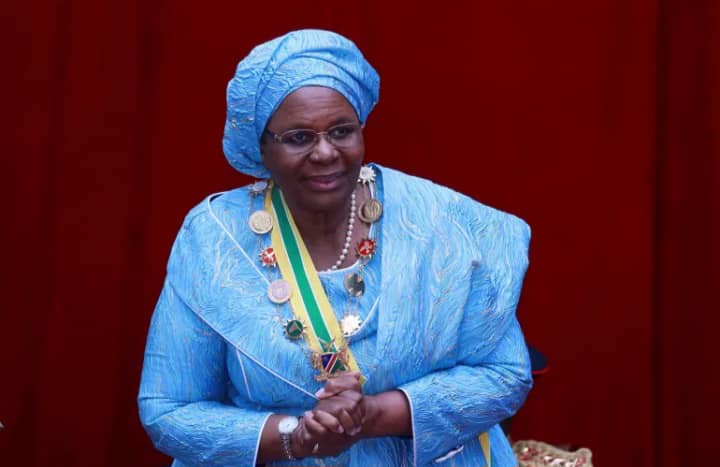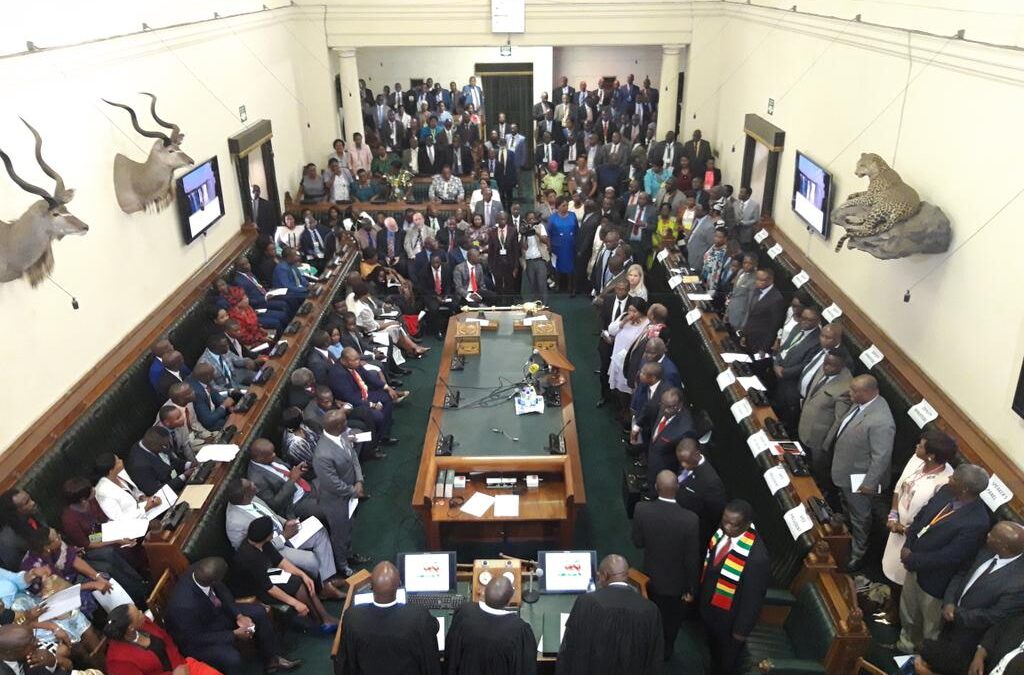This September Zimbabwe joins the family of nations across the world in celebrating tourism.
The World Tourism Day set for 27 September every year was founded by the United Nations World Tourism Organization (UNWTO) with an aim of fostering awareness among the international community, of the importance of tourism and its social, cultural, political and economic value.
The theme this year is, “Tourism and Rural Development”, which seeks to unpack the potential of tourism to create opportunities and jobs at the same time preserving natural and cultural heritage.
Speaking on this year’s upcoming tourism day celebrations, the Acting Chief Executive of the Zimbabwe Tourism Authority, Mr. Givemore Chidzidzi said,
“The country’s tourism sector over the years has gone an extra mile by dedicating the whole month of September as the “Tourism Month”, a commitment of the tourism industry to make the sector thrive.
As we celebrate the tourism month under an unprecedented period where the sector has been severely affected by COVID19, we reflect as the Tourism Board on how we have been working to empower rural communities especially the women and youth to benefit from tourism.”
It is interesting to note that 60% of Zimbabwe’s tourism is anchored on wildlife conservation (parks, conservancies) situated within rural areas of Zimbabwe. As such there have been infrastructural developments and tourism related amenities to serve the tourists visiting these areas.
These developments have not only benefited the tourists but our grassroots communities scattered around Zimbabwe.
The Zimbabwe Tourism Authority is working with more than forty community based tourism projects in both urban and rural communities throughout the country.
The objective is to empower communities through tourism. These projects range from accommodation, cultural heritage, crafts and festivals run and organized by communities. These projects are improving the livelihoods and quality of life of our communities.
Opportunities for tourism growth are vast within our rural communities, thus local and international investors are encouraged to invest in these areas and continue to drive rural development. Harnessing the power of tourism to drive rural development will contribute towards the achievement of the National Vision of “Becoming an upper middle income economy by 2030”.
Furthermore, ensuring the sector’s contribution to achieving the Sustainable Development Goals, particularly Goals 1 (no poverty), 5 (gender equality), 8 (decent work and economic growth), 11 (sustainable cities and communities), 12 (responsible consumption and production), and 17 (partnerships for the goals).
For tourism and rural development to be sustainable it is imperative for locals to participate in tourism, hence the current thrust to promote domestic tourism as envisaged in the National Tourism Recovery and Growth Strategy. As Zimbabwe slowly opens up, the sector will be resuming operations under the World Health Organization (WHO) and Ministry of Health and Child Care guidelines.
This is a relief to the entire tourism sector, particularly rural communities in tourism who have limited capacity to cope with the impact of the crisis.





0 Comments